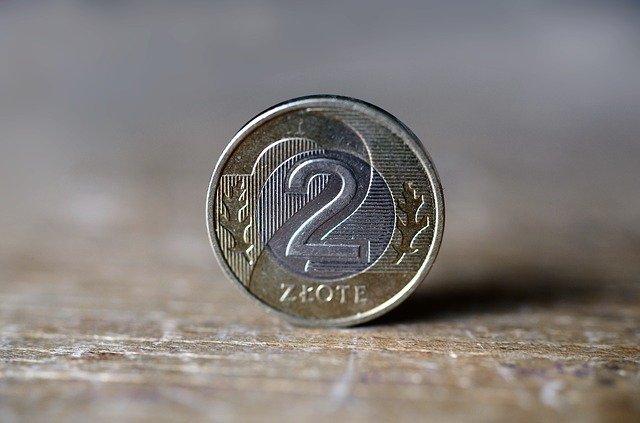
Plumbing issues can damage both your home and your belongings. There are some tips listed below to assist you start fixing plumbing problems.
Don’t pay the entire plumbing bill upfront; wait until the plumber finishes the plumbing job. Sometimes it is required to put a little money down before the job starts, but don’t ever pay the whole amount before you know the task is done correctly. It will make you feel better knowing that your problem has been solved before parting with a large sum of money.
To keep your pipes from freezing in the winter, maintain a constant temperature in your home above freezing, and be certain to adequately insulate those pipes that are out in the weather. Pipes will begin to freeze if they reach freezing temperatures. It could take some time for thawing to occur so that you can have running water. However, they might burst, causing damage to your home and a hefty repair bill.
Get to know the tools and how they are used for the most success in plumbing. Read your manuals and books, either online or at the library, to teach yourself do it yourself plumbing. Make sure you plan before you try any kind of repair, as it can be costly to fix a mistake.
Knowing all your different tools to use and how to operate them is essential to any aspiring plumber. Before undertaking repairs on your own, plan ahead, a mistake could make repairs even more costly.
It’s a bad idea to makes use of toilet tablets composed of bleach or in the color blue, or in fact any one designed to remove odors. While they are good at removing odors, they have a detrimental effect on the parts of the toilet that are rubber. This can make it not function correctly and may even break it.
Don’t use harsh chemicals such as toilet tablets that claim to be cleaners in your toilet. These products may well remove odors, but they can seriously damage the rubber pieces in the toilet, causing poor functionality or even complete breakdown of the fixture.
If you have a clogged toilet and a plunger is not helping to clear the blockage, if the water level is low, pouring a bucking of boiling water from a height into the toilet bowl could resolve the problem. Once the water is lower, do this again.
If your toilet happens to be clogged, the water level in the toilet is low, and your water level inside of the toilet appears low, you may fix the problem by dumping warm water from a bucket into your toilet from about waist level. Do this every time the water level dips back down again.
You can check for damage to the floors around the toilets by checking for soft areas. Another great way to check is to actually sit on the toilet and move in a rocking motion, going back and forth from right to left to see how much give you feel. Discovering this issue sooner can mean big savings for your checking account, as compared to finding out about it later.
Use strainers on all drains to prevent debris that might clog the pipes from clogging drains. The bathtub’s strainers need to cleaned out as needed.
Don’t pour oils, grease or fat down the drain. When they cool, they will harden and create clogs in your drains. Your garbage disposal is particularly vulnerable to this issue, as the fat solids will slow the motion of the blades. This results in the disposal operating less efficiently. Don’t put oils down the sink.
Avoid dumping oil, grease, and grease in your drain. This is primarily true if you are someone who has a garbage disposals because the fat can make the blades turn more slowly and less freely. Make sure you dispose of all oils in other places other than the sink.
You can greatly extend the life of your garbage disposal by regularly cleaning it. By regularly “cleaning” the disposal with lemon rinds, cherry pits and dish soap, you can make sure that your garbage disposal is running well and smelling so clean it could be new.
Plumbing problems may be troublesome, but with patience and work, you may fix them. Knowing what to do yourself, and when to call a plumber will quickly get things fixed. Keep the above tips handy to save time, money and effort.
Each month, treat your drains by pouring one cup of baking soda down it, and then follow that with a cup of regular white vinegar. Plug up the drain and allow the chemical reaction to occur. Let that sit for a while, and then run boiling hot water down it. Doing this will help rid your pipes of disgusting soap scum and blockages.
